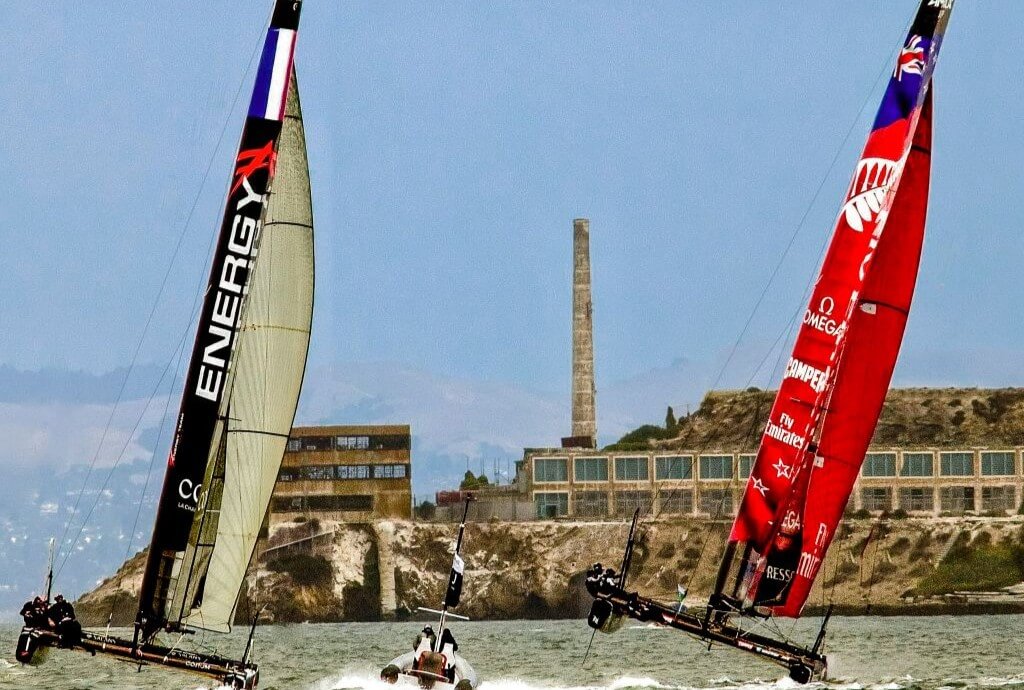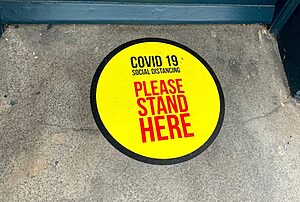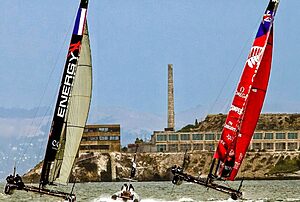In brief
- Co-governance arrangements have up until recently been arrangements between local iwi and council to manage local resources.
- The arrangements have expanded rapidly in recent times.
- Typically, the model generally allows some unelected iwi representation combined with elected representation for the broader public.
- Controversy usually revolves around preferential treatment, accountability and transparency.
The co-governance experiment
Previous co-governance arrangements usually saw local iwi and local councils sharing management of local natural resources such as the Auckland volcanic cones and the Whanganui River. Now co-governance is being adapted to many aspects of society including language and education.
There does not seem to be any register of co-governance arrangements. There seem to be at least eight presently. Regardless of application, the model generally allows some unelected iwi (Māori tribal) representation combined with elected representation. However, the degree of control either side has varies greatly.
Some say obfuscation or even deceit is part of the agenda to minimize public backlash as proponents seek ‘democratic innovation‘ beyond one person-one vote. There was no mandate on this extreme action from voters, since Labour didn’t campaign on it in 2020. PM Chris Hipkins has admitted the concept has caused confusion.
The Proposal for Rotorua went so far that the Attorney General declared it illegal because it violated the principles of democracy.
An unprecedented version of co-governance in Three Waters wrests control of tens of billions of dollars of water utility assets from municipalities and transfers them to numerous, inefficient bureaucracies favouring elite iwi interests. It’s the Māori elite who stand to benefit and not necessarily greater Māoridom.
How has the limited co governance worked to date?
It’s too early to determine how co-governance works in practice and, in many cases, it is going to be very hard to know. For one thing, it will often be very subjective. For another, it is very politicised. But it is certainly not all roses.
One verifiable problem is a stoush over back-country huts in Te Urewera that has pitted elite iwi members against their own people. There have been court orders against the co-governance authority as well as arson.
A second interesting situation is The Waikato River Authority, a co-governance arrangement from a Treaty settlement. It sought an extraordinary fee of up to $20M a day from the City of Auckland for water in 2020 when reservoirs were low. In the end, Auckland made a relatively nominal contribution to their annual budget.
Little transparency
It seems there are no specific conflict of interest rules built into co-governance arrangements. Neither is there much respect for how conflicts of interest might be perceived by a wary public. Looking just at Three Waters, Minister Nanaia Mahuta’s sister, Tipa Mahuta, chairs the powerful Māori Advisory Group that directs Taumata Arowai, the nation’s water regulator. Also, Nanaia’s husband has received a number of untendered contracts. And this was all well before the legislation was even passed. Not a good look for those concerned that suspect payments to Maori, including for water, could be on the horizon.
Also, co-governance promotes iwi representatives that are chosen in an unspecified manner. And, however it’s done today, it could be done differently tomorrow.
Finally, in some cases at least, the Official Information Act process does not apply to the co-government arrangements.



















